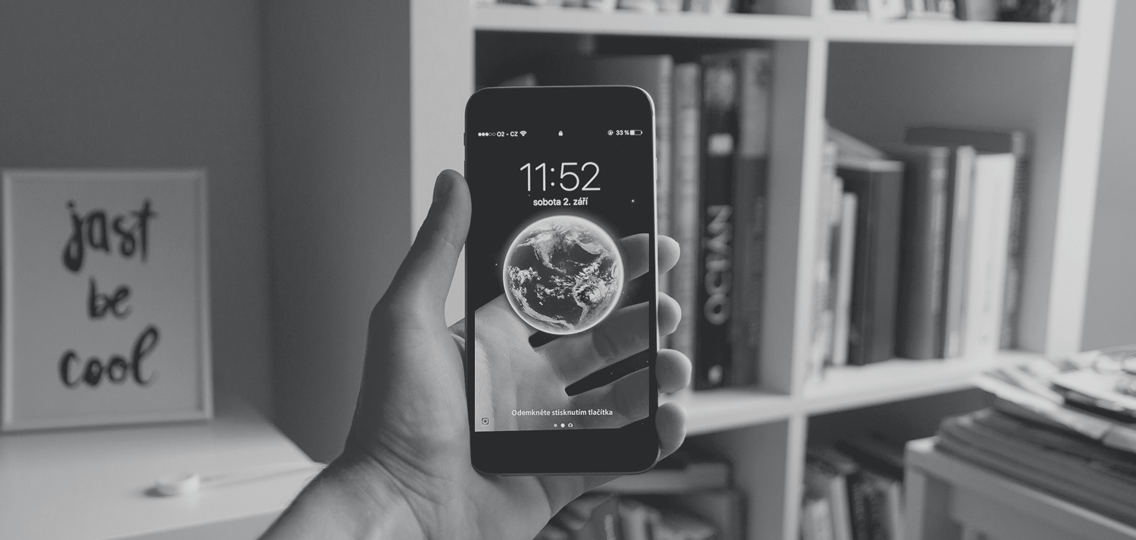Artificial intelligence (AI) and the use of robots are well established and operational in many industries. The medical and banking sectors have been early adopters, with others set to follow suit. The timescale and reach of this take-over are debatable, and while it is highly likely to alter the employee landscape, skills will adapt, and new opportunities will present themselves.
A report published by McKinsey Global Institute in January 2017 estimates that:
- Fewer than 5% of jobs can be fully automated;
- Approximately 60% of jobs have around 30% of the role that can be automated; and
- Even 25% of a CEO’s role can be automated.
As AI technologies develop and make their way into more job roles, they are likely to take away some of the repetitive administrative-based tasks, allowing many to dedicate more time to innovate and focus on value-added areas of their roles.
Regarding communications, HR will need to consider:
- How to alleviate concerns over AI;
- How to promote potential opportunities created by AI;
- How to encourage employees to embrace new technologies; and
- How reward strategies need to adapt to take AI into account.
Challenge the process
Be proactive with communications. If your industry is likely to be affected, new general educational campaigns can work well to help generate awareness early, which will make it easier as job roles alter due to AI in the future.



